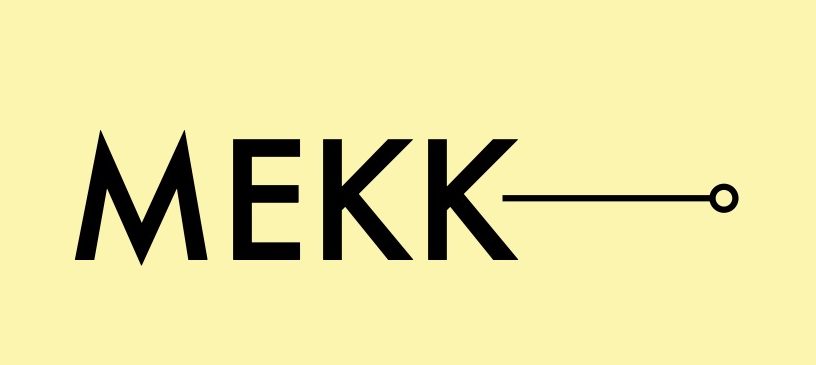Safety for journalists, including digital safety, is a matter of public concern that is wide-ranging.
It is vital for those who practice journalism, for their families and for their sources. It is essential for the wellbeing of media institutions, civil society, academia and the private sector more broadly. If we value the free flow of information for citizens, their governments and their international organisations, then the safety of journalists is central (Getachew Engida, Deputy Director-General of UNESCO).
This years Safety conference at the OsloMet will focus on Digital Safety. We are happy to announce our Keynote speakers. Full program.
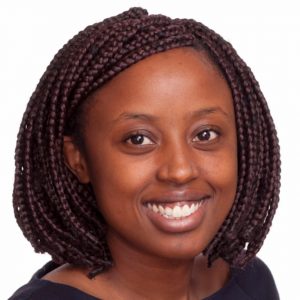 Muthoki Mumo. Muthoki Mumo joined the Committee to Protect Journalists as East Africa Correspondent in June 2017. She was named CPJ’s sub-Saharan Africa representative on August 1, 2018. She previously worked for six years as a journalist with the Nation Media Group, covering a variety of beats from East African Community integration and regional trade to technology and telecommunications for the Business Daily and Daily Nation. In 2017 she served as an alternate digital editor for the Business Daily. Mumo has a bachelor’s degree from the United States International University in Nairobi and a master’s degree jointly awarded by Aarhus University and the University of Hamburg.
Muthoki Mumo. Muthoki Mumo joined the Committee to Protect Journalists as East Africa Correspondent in June 2017. She was named CPJ’s sub-Saharan Africa representative on August 1, 2018. She previously worked for six years as a journalist with the Nation Media Group, covering a variety of beats from East African Community integration and regional trade to technology and telecommunications for the Business Daily and Daily Nation. In 2017 she served as an alternate digital editor for the Business Daily. Mumo has a bachelor’s degree from the United States International University in Nairobi and a master’s degree jointly awarded by Aarhus University and the University of Hamburg.
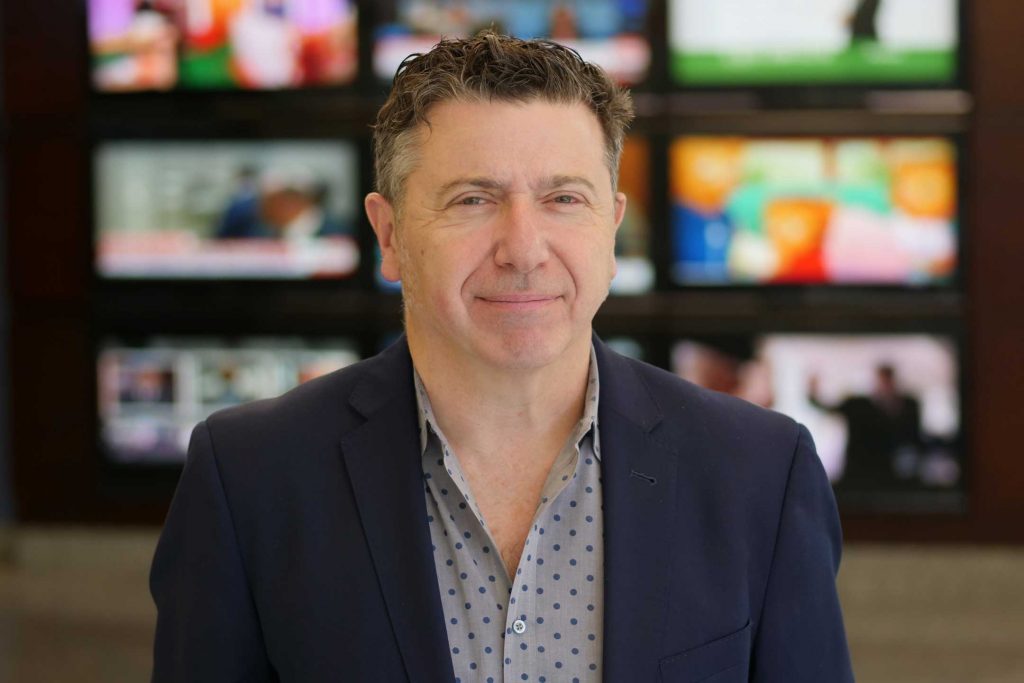
Silvio Waisbord. Professor in the School of Media and Public Affairs at George Washington University. He is the author and editor of seventeen books, including more recently Communication: A Post-Discipline and A Communication Manifesto, both published by Polity Press. He is the former Editor-in-Chief of the Journal of Communication and the International Journal of Press/Politics. He has lectured and worked in more than 30 countries in the Americas, Europe, Asia and Africa. He is a Fellow of the International Communication Association.
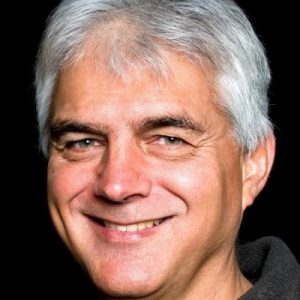 Guy Berger. Guy Berger is UNESCO’s director for Freedom of Expression and Media Development, based in Paris. He oversees programmes that promote press freedom and freedom of information, safety of journalists, media development, and media and information literacy. These activities cover media online and offline, and include UNESCO’s Internet Freedom Series and UNESCO’s indicator framework for assessing Internet Universality. He oversaw the production of UNESCO’s 2015 publication “Building digital safety for journalism” and the 2019 In-Focus edition of UNESCO’s report on World Trends in Freedom of Expression and Media Development (provisionally titled “Expanded attacks, Stronger Responses – Assessing the Safety of Journalists (2014-2018)”. He is also author of several published articles on journalism safety.Berger previously headed the School of Journalism and Media Studies at Rhodes University, South Africa.
Guy Berger. Guy Berger is UNESCO’s director for Freedom of Expression and Media Development, based in Paris. He oversees programmes that promote press freedom and freedom of information, safety of journalists, media development, and media and information literacy. These activities cover media online and offline, and include UNESCO’s Internet Freedom Series and UNESCO’s indicator framework for assessing Internet Universality. He oversaw the production of UNESCO’s 2015 publication “Building digital safety for journalism” and the 2019 In-Focus edition of UNESCO’s report on World Trends in Freedom of Expression and Media Development (provisionally titled “Expanded attacks, Stronger Responses – Assessing the Safety of Journalists (2014-2018)”. He is also author of several published articles on journalism safety.Berger previously headed the School of Journalism and Media Studies at Rhodes University, South Africa.

Olivia Martin. Digital Security Trainer at Freedom of the Press Foundation. A graduate of NYU’s Gallatin School of Individualized Study, her professional work focuses on researching and delivering digital security trainings to journalists, activists, and human rights defenders. She has spent years in newsrooms as a designer and editor with new media and student publications, and uses this experience to aid in assessing the evolving needs of journalists in today’s media landscape.
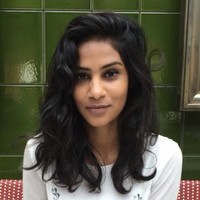
Neena Kapur. Currently a senior information security analyst at The New York Times, where she researches and implements security solutions to combat modern threats targeting journalists and the media industry. Neena previously worked as a cyber threat intelligence analyst, where she researched cybercriminal activity. At the conference Kapur will do a workshop where she will share her team’s experience creating and running a doxxing education program at The New York Times. She’ll cover why doxxing is a threat to journalists, recommended tools and techniques for cleaning up your online footprint, and the process that the New York Times Information Security team went through to build this program within their newsroom.

Leandro Demori. Executive Editor The Intercept Brazil. Demori is also the author of La Cosa Nostra in Brazil: The Story of the Mafioso that Took Down the Empire (Companhia das Letras, 2016) and is a board member of the Brazilian Association of Investigative Journalism (Abraji). In the 2000s, he was an editor of the award-winning independent blog A Nova Corja (The New Scum), considered one of the “blogs of the decade” by O Estado de São Paulo newspaper.
